Jonathan Raban
Hunting Mister Heartbreak
Jonathan Raban is also the author of Soft City, Arabia, Foreign Land, Coasting, For Love and Money, Old Glory, and Bad Land. He won the W.H. Heinemann Award for Literature in 1982 and the Thomas Cook Award in 1981 and 1991. He also edited The Oxford Book of the Sea. He lives in Seattle.
ALSO BY JONATHAN RABAN
Soft City
Arabia
Foreign Land
Coasting
For Love and Money
Old Glory
Bad Land
The Oxford Book of the Sea (editor)
 FIRST VINTAGE DEPARTURES EDITION, NOVEMBER 1998
FIRST VINTAGE DEPARTURES EDITION, NOVEMBER 1998
Copyright 1991 by Jonathan Raban
All rights reserved under International and Pan-American Copyright
Conventions. Published in the United States by Vintage Books,
a division of Random House, Inc., New York. Originally published
in hardcover in Great Britain by Collins Harvill in 1990.
First published in hardcover in the United States by
HarperCollins Publishers, New York, in 1991.
Some parts of this book appeared, in different form, in Granta.
Library of Congress Cataloging-in-Publication Data
Raban, Jonathan.
Hunting Mister Heartbreak : a discovery of America / Jonathan Raban.
p. cm.
Previously published: New York, NY : Edward Burlingame Books, c1991.
eISBN: 978-0-307-79163-4
1. United StatesDescription and travel.
2. United StatesSocial life and customs19713. Raban, Jonathan
Homes and hauntsUnited States. 4. BritishTravelUnited States.
5. Atlantic OceanDescription and travel. I. Title.
[E169.04.R32 1998]
973.928dc21 98-26450
Author photograph Marion Ettlinger
www.randomhouse.com
v3.1
Mr. Heartbreak, the New Man,
come to farm a crazy land
John Berryman, Dream Songs
What, then, is the American, this new man? He is an American, who, leaving behind him all his ancient prejudices and manners, receives new ones from the new mode of life he has embraced, the new government he obeys, and the new rank he holds. He becomes an American by being received in the broad lap of our great Alma Mater.
J. Hector St. John de Crvecoeur,
Letters from an American Farmer
Contents
ONE
The Atlantic Passage
TWO
The Biggest Department Store in the World
THREE
Free Spirit
FOUR
In Our Valley
FIVE
The Friendly Sky
SIX
Gold Mountain
SEVEN
Land of Cockaigne
ONE
The Atlantic Passage
T HERE IS A SENTENCE that has stirred the imagination of Europe as powerfully as any call to arms. Ive seen it written a hundred times, and have always felt a pang of envy for its lucky author. It is so jaunty, so unreasonably larger than life. It promises to deliver the unexpectedsome fantastic reversal of fortune, some miraculous transfiguration in the character of the writer. It deserves a paragraph to itself, and should be printed in ceremonious italics.
Having arrived in Liverpool, I took ship for the New World.
Behind the sentence crowd the emigrants themselvesa crew of people dingy enough to take a little of the shine out of the words. They stand in line: the long-out-of-work, the illiterate, the chronically drunk, the hapless optimists, the draft-dodgers, the bankrupt adventurers. Some, like the Jews escaping the Pale of the Czars, are dignified by the involuntary heroism that attaches itself to any persecuted people; but most of the single men and families on the dock are notwere notrefugees. If they were on the run, they were more likely to be fleeing tallymen and creditors than cruel kings and despots. Very few of them could seriously claim to earn the sentimental welcome which would meet them on the far side of the ocean as their ship passed the Statue of Liberty on its way into the dock at Ellis Island. Few of them would be able to read (or understand) the words of Emma Lazaruss poem on Libertys plinth, that grandiloquent advance-advertising of America as the sanctuary of freedom and democracy. To most of the immigrants America was simply a tantalizing rumor of easy moneyof jobs, clothes, food.
In Letters from an American Farmer (1782), J. Hector St. John de Crvecoeur (Mr. Heartbreak, in John Berrymans happy literal translation) wrote:
What attachment can a poor European emigrant have for a country where he had nothing? The knowledge of the language, the love of a few kindred as poor as himself, were the only cords that tied him; his country is now that which gives him his land, bread, protection and consequence; Ubi panis ibi patria is the motto of all emigrants.
What turned the Atlantic passage into the great European adventure was not so much the character of America as the character of the ocean. It was simply a space too big for you to be able to imagine your way across it. It was as deep as the highest mountain youd ever seen. It was a place of terrible winds and weather, with waves as big as crashing churches. That gigantic desolation of angry water was a source of terrible stories of shipwreck, sickness and death. The moment you stepped on to the gangplank, you committed yourselfnot to America, but to a strange and frightening sea ritual, which would ineluctably transform you from the person you had been on the dock into the person you would eventually become when, and if, you reached the far shore. Over there, after the ocean had done its job, youd have a different identity, and very probably a different name. You would not be you, at least not as you had known yourself to be up to this extraordinary moment.
A Yiddish memoiristwho in New York became George Pricewrote a booklet called Yidn in Amerika, in which he warned his fellow emigrants that the Atlantic crossing was a kind of hell that cleanses a man of his sins before coming to the land of Columbus. The journey to Ellis Island from Rotterdam, Bremerhaven, Genoa, Le Havre, Glasgow, Liverpool, was a grim and protracted rite de passage. Before the invention of the steam turbine (which shortened the trip to nine days, in fair weather), it lasted for two weeks. For thirty-four dollars, you were treated to a symbolic death, in a stinking wooden coffin, with the promise of an uncertain and hazardous resurrection.
Before it was anything else, America was the voyage itself. Few of the emigrants (and very few of those who traveled in steerage) could think sensibly beyond their coming trial-by-water. Many of them, from landlocked villages and towns in central Europe, had never even seen the sea before this day. The United States was a sketchy, if glittering, fiction, its unreality sustained by the ungraspable breadth of the ocean.
It was a country they had read about in pamphlets and in letters home that sounded more like fables than descriptions of any recognizable reality. In America, the houses were as high as the sky. Everyone had enough to eat. Everyone had an alarm clock to wake them in the mornings. You could buy several kinds of food, ready to eat, without cooking, from little tin cans that had printing on them. The poor people dressed in exactly the same finery as the rich Who could seriously believe tall tales like these?


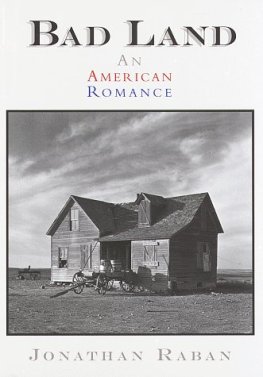
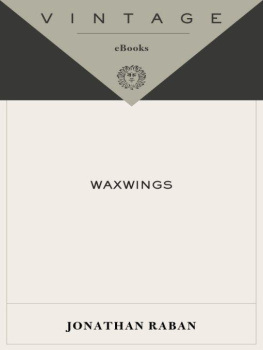
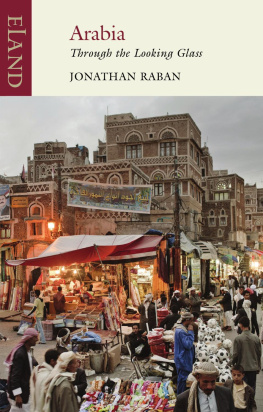
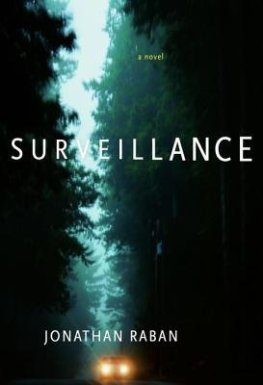
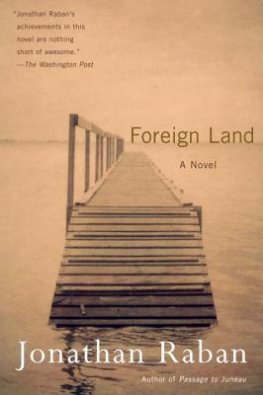
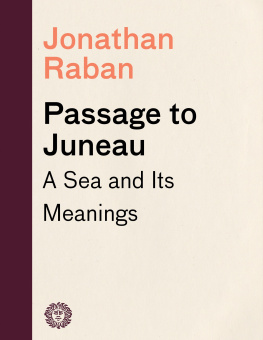
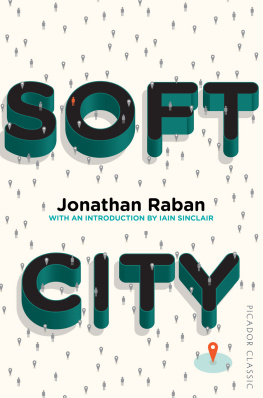
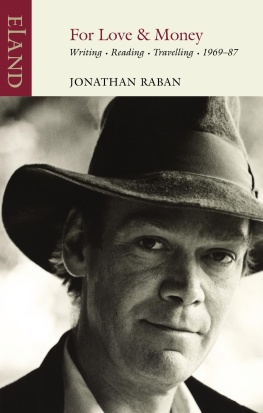
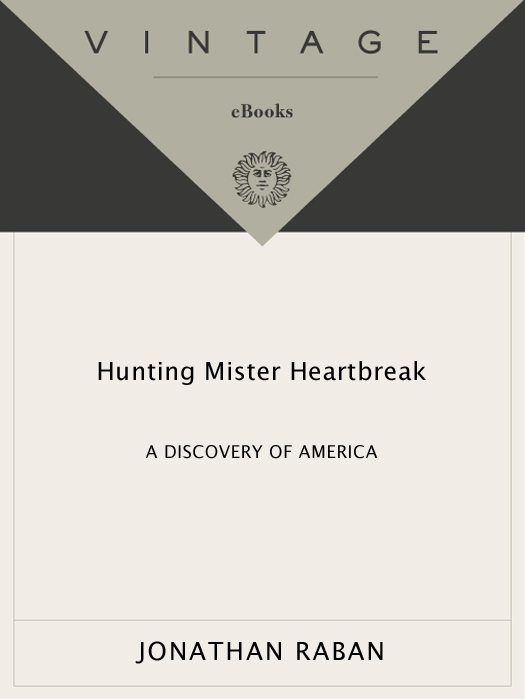
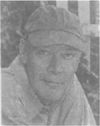
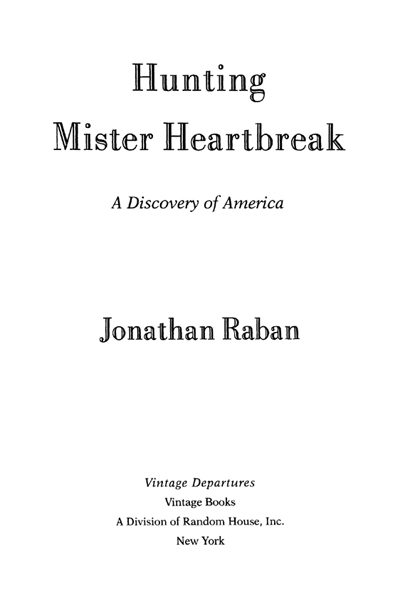
 FIRST VINTAGE DEPARTURES EDITION, NOVEMBER 1998
FIRST VINTAGE DEPARTURES EDITION, NOVEMBER 1998